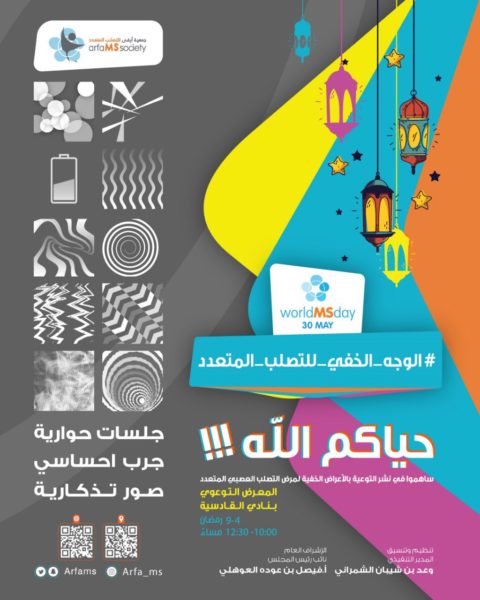MS pushed me to travel the world
George recently spent six months travelling across 15 countries on four continents with his girlfriend, who became his fiancée en route, following his proposal on Brazilian beach at sunset. After being diagnosed at age 22, George’s resolve to fulfil a childhood dream to travel the world only increased, especially after feeling envious of hearing the trips taken by friends without MS. “There is no question that being diagnosed with MS made me more determined to travel the world and make it happen, and to make it happen soon. It was then a question of saving up the money, finding the right time in my career and hoping my health would play along,” he says.
However, George was not naive or irresponsible, taking his MS fully into consideration when planning the trip – except for letting it dictate the route to be taken. “When we were first planning the trip, I was considering restricting our itinerary to places with a modern health care system with good experience of MS and the treatment I was on, but I soon realised this was too much of a compromise,” he says. Importantly, George also shopped around before leaving to ensure he got the best deal on travel insurance covering people with MS.

MS did influence the way George travelled, particularly in South America, where, for example, he paid extra to have a reclining seat when taking an overnight bus. “In hot countries we tried to do activities in the morning or evenings when we could,” he says. “We took lots of breaks, booking bedrooms with air conditioning was a huge help, plus regular showers and swimming to keep the body temperature down. We also were very conscious of fatigue and planned plenty of rest days before and after activities and travelling to allow us a bit of flexibility.”
The most challenging destinations were the highlands of Bolivia and Peru where altitude levels commonly exceed 4,000 metres, or around 13,000 feet, making it difficult to breathe. “It was sometimes hard not to try and do too much,” George says, “especially being in such incredible places.” His only major health concern occurred in New Zealand, but was not MS related. “I had tonsillitis while in New Zealand over Christmas. This resulted in a course of antibiotics and about five days in bed,” he adds.
Upon the recommendation of George’s neurologist, he also arranged to have hospital treatment twice during the trip, and set out to find hospitals in cities that he was planning on visiting, and timing the trips accordingly. Melbourne in Australia and Sao Paulo in Brazil were the two cities with excellent healthcare facilities where George sought treatment en route.
When asked about the highlights of the trip, George says that the greatest highlight was “the feeling we had while on the plane, leaving the UK to begin a six-month trip of the world was something incredibly special.” 
George says that his favourite countries visited were India, Japan and Brazil, “places so rich in culture, with incredible food and the most welcoming people. Being faced with a completely different set of challenges from my life in the UK; experiencing so many different cultures, languages and encounters, resulted in me thinking and worrying far less about my MS, plus the six months of sunshine helped too,” he adds.
George has already inspired others, both young and old, living with MS when he set up ‘Shift.ms’ aged only 26. The site is a social network for young people with MS run by its users, where people can meet, share experiences and support each other. The website includes a forum ‘Sex, Drugs, Rock n’ Roll’ – where young people with MS can chat to each other about what matters to them. George’s attitude towards his round-the-world trip is the same as the philosophy of ‘Shift.ms’; namely that MS doesn’t mean giving up on your ambitions, just rethinking how to achieve them.
Related news
Since 2009, you have helped us bring the world together for people with MS. Help us end MS across the…

The global MSIF movement has gone full steam ahead in using the #MyInvisibleMS toolkit, adapting the materials and sharing them…

We asked people from around the world to tell us about their invisible symptoms. In this video Giulia, Diego, Michela,…
